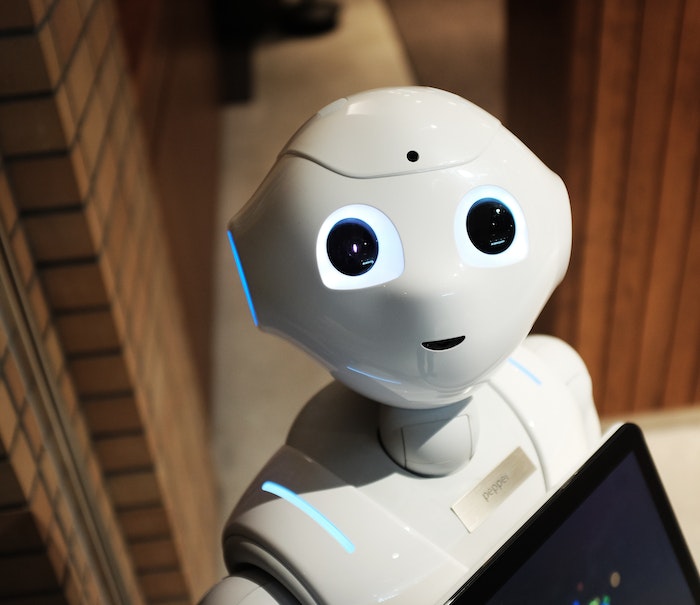What is AI?
Artificial intelligence (AI) is an area of computer science concerned with the development of intelligent agents, or systems capable of reasoning, learning, and acting autonomously. AI research has been extremely successful in establishing effective approaches for handling a wide variety of issues, ranging from game play to medical diagnosis.
There are some of the most common AI techniques listed below:
Machine learning: With this kind of AI, computers can learn without having to be explicitly trained. Machine learning algorithms can use data to create predictions or choices after being taught on data.
Natural language processing (NLP): This is a type of AI that allows computers to understand and process human language. NLP algorithms are used in a variety of applications, such as speech recognition, machine translation, and text analysis.
Computer vision: This is a form of AI that enables computers to observe and comprehend their surroundings. Algorithms for computer vision are utilised in a range of applications, including self-driving automobiles, facial identification, and image search.
Why is AI important?
AI is significant because it has the potential to revolutionise many parts of our life. AI, for example, is being used to generate novel medical treatments, improve transportation systems, and offer more personalised learning experiences.
How does AI work?
Algorithms are used by AI to process data and make judgements. Typically, the algorithms are based on mathematical models of human intelligence. Machine learning algorithms, for example, are based on statistical models that can be used to anticipate future outcomes.
The future of AI:
The future of AI seems bright. As AI technologies advance, they will have a significant impact on many aspects of our life. AI is already being applied to the development of new medical treatments, the improvement of transportation systems, and the creation of more personalised learning experiences. AI is likely to be utilised in the future to automate even more chores, better our understanding of the world around us, and develop new and inventive goods and services.
Conclusion:
AI is a potent technology with the potential to transform many parts of our life. However, it is critical to be mindful of AI’s limitations, such as bias and interpretability. As AI technologies advance, it is critical to guarantee that they are used responsibly and ethically.

